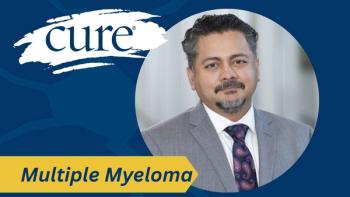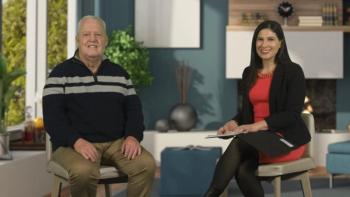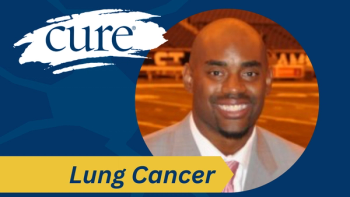
‘Things Change,’ So Follow Up With Your Oncologist, Expert Says
Patients with cancer should always let their clinical team know if they are experiencing any new symptoms or concerns.
It is imperative that patients with breast cancer or any other disease be proactive about their health and let health care providers know about any new symptoms or other changes because, “the initial evaluation is only good as that point in time,” Dr. Claudia DeYoung said in an interview with CURE®.
DeYoung is an internist who specializes in breast health and runs the Center for Breast Health and Breast Cancer Survivorship Program at the South Sacramento Kaiser Permanente Medical Center in California. She emphasized that breast cancer — and any other health condition, really — can change, so staying on top of follow-up appointments and having open communication with clinicians can have a major impact on outcomes.
MORE:
According to Meryl Uranga, a patient advocate from KidneyCAN, patients and their caregivers should establish upfront expectations with their health care teams about wanting to have open communication and be an active participant in their clinical decision making.
“I really recommend finding that right fit in terms of experience, in terms of specialty areas and in terms of the communication style that they’re willing to provide and work with you on,”
DeYoung even mentioned that she sometimes will “track down” her patients if they are overdue for an appointment with their team, “because morally and professionally, it’s the right thing to do,” she said.
Transcript
I think that (with) breast health, like any area of the body, it's important to be proactive, you know. I really try to have a rapport with my patients and educate them that they need to be aware of their own body. My exam, her initial impression, the initial evaluation, is only good at that point in time. And that's why I always tell all my patients, any new changes, any concerns, come back in. That's why I will track my patients down if they're overdue. Because morally and professionally, it's the right thing to do. And things change, things evolve. Hindsight is 20/20.
For more news on cancer updates, research and education, don’t forget to




